
While you are struggling with your newborns sleep cycles that is usually keeping you up all night, a stuffy nose can add on to your woes. Baby stuffy nose is a common problem in infants and toddlers. Just like adults, stuffed nose causes irritation and trouble in babies and they end up wailing and crying. Nose blockage or stuffiness can be due to several causes—allergic reaction and common cold being the two most prominent ones. Exposure to extreme climatic conditions can also cause stuffy nose in babies. If your tiny tot’s nose if all clogged you are bound to feel restless and miserable. Scroll through to know everything about stuffy nose in newborns and toddlers, home and natural remedies to treat stuffy nose and when to reach out to a paediatric.

Image Credit: https://www.youtube.com/watch?v=nlSirdEGUOY
What is baby congestion?
When extra fluids or mucus gather in the airways and nose of a baby it leads to congestion. Congestion may in turn lead to stuffy nose, mild trouble in feeding and noisy breathing. Mild congestion is quite normal in babies and there is no need to panic. In order to make them feel comfortable, you need to help the baby in clearing the mucus.
What are the symptoms of baby chest congestion?
- Wheezing
- Coughing
- Grunting
What are the causes of baby chest congestion?
- Pre-term birth
- Flu
- Asthma
- Bronchiolitis
- Cystic fibrosis
- Pneumonia
- Respiratory syncytial viru (RSV)
What are the symptoms of baby nasal congestion or stuffy nose?
- Coughing
- Difficulty in eating
- Thick nasal mucus
- Noisy breathing
- Discoloured nasal mucus
What are the causes of stuffy nose in newborns and toddler?
Environmental Conditions
One of the common causes of stuffy nose in infants is the change in immediate environmental conditions drastically affect babies, sometimes exposing them to slight wind, cold temperature or spending time outdoors for an extended period. These conditions pose great risk of causing stuffy nose in babies.
Sinus Infection
Stuffy nose can also be caused due to sinus infection or sinusitis. This condition may worsen at night when the infected baby lies down. In this particular lying position, the sinus drainage occurs at the back of the throat and causes irritation. For instance, if the affected baby lies on its left side, the left nostril gets stuffy, making it difficult to breathe and vice versa.
Allergies
Babies who suffer from stuffy nose only at night may be allergic to the bedding accessories such as pillow and blankets. A deviated septum is also one of the common causes of stuffy nose at night. This defect may be due to some injury or may be present since birth.
Common cold and flu
Apart from these conditions, stuffy nose can be caused by respiratory and upper respiratory infections like common cold and flu.
Other factors
Some other common factors that can cause chronic stuffy nose are allergies are hay fever, adenoiditis, vasomotor rhinitis, nasal polyp and nasal tumour. In some cases, nasal blockage or nasal abnormality is responsible for causing stuffy nose.
What causes stuffy nose in babies at night?
The nasal membranes of the infants cannot produce enough mucus due to changing humidity levels or low humid conditions. Inadequate amount of moisture in the air causes drying of the nasal passages. This eventually leads to swelling or irritation, causing stuffy nose at night.
Some babies might be allergic to the bedding materials such as pillow and blankets that might cause stuffy nose at night.
A deviated septum is also one of the common causes of stuffy nose at night. This defect may be due to some injury or may be present since birth.
Is it ok to let my baby sleep with a stuffy nose?
It is not dangerous for your baby to sleep with a stuffy nose. However, babies tend to feel uncomfortable when their nose is blocked. You should try to clear the mucus and help your baby with the congestion so that both of you can have a comfortable sleep.
What is the best sleeping position for my baby with stuffy nose?
The best sleeping position for a baby with a stuffy nose is considered to be upright position. This position helps in clearing the congestion and makes breathing easier. Going by the recommendations of the American Academy of Paediatrics (AAP), it is important to lay your baby on smooth surface. AAP never recommends using bed accessories, pillows or any cloth to elevate the mattress of your baby.
Home remedies and natural ways to treat baby’s stuffy nose (How can I help my baby with a stuffy nose?)
Feed your baby well and keep it hydrated
Keeping a tab on wet diapers of your baby can help you know if your baby is hydrated and well fed. Usually infants wet a diaper every six hours, and if your bundle of joy is not feeding well or is ill, it might be dehydrated. You should contact your paediatrician immediately.
Steam and Humidifier
One of the very basic things to relieve stuffy nose in babies is switching on a cool-mist humidifier, especially in the bedroom where the baby spends most of its time. The cool water vapour from the humidifier will help in loosening nasal mucus and promoting quick draining. Make sure to clean the vaporizer on a regular basis to prevent bacterial growth.
If you are looking for a less expensive solution and better alternative to room humidifier, you can place a bowl filled with warm water in the bedroom. This will not only increase the room humidity level to some extent, but will also facilitate in moistening and loosening the baby's nasal mucus. Remember to regularly clean the bowl and change the water.
Removal of nasal mucus
One easy and quick method for relieving stuffy nose in infants is removing nasal mucus with an appropriate device. All you require is an infant aspirator (or nasal bulb) that can be easily purchased from a local pharmacy. Squeeze the nasal bulb to remove air and carefully put its tip inside infant’s nostril. As you release the bulb, it will absorb air and simultaneously throw mucus out of the nasal passage.
Saline Drops
You can also opt for an effective remedy that uses saline drops. Apart from diluting nasal mucus, it allows easy drainage of mucus. Keep in mind to maintain an appropriate concentration of saline water suitable for the baby.
Massage
Your touch soothes your baby. You may try gentling rubbing your baby hairline, nose, eyebrows, bottom of the head and cheekbones that will help in soothing your baby.
Giving your baby a bath
If you baby is the one who enjoys bath, you may give your baby a warm bath that will not only distract her from the discomfort but also help in clearing the nasal congestion.
Breast milk
One of the home remedies for treating stuffy nose is using breastmilk to soften the mucus. While feeding your baby, you may try putting a little breast milk in your baby’s nose. It is likely that the mucus will slide down when you sit them up after eating.
Clear dried-up mucus
Sometimes dried-up mucus can become a cause of irritation in babies. You may use cotton swabs dipped in warm water to clean the nostrils of your baby. Make sure you do that very gently.
Clear chicken soup
If your baby is on solids, you may try feeding your baby with clear chicken soup. The anti-inflammatory properties of the chicken will help in clearing the nasal passage of your baby and also boast your baby’s immunity.
Fresh Air
Giving your baby some fresh air during the first hours of the morning will immensely help in clearing out the nasal passages of your baby. Holding the baby in an upright position will also help in this regard.
You also need to maintain the home air quality. It is advised that one should not smoke near the baby, use unscented candles and also make sure that your home air filter is replaced. Frequent vacuuming will help in keeping the pet dander down.
Avoid using vapor rubs or medications
Use of vapour rubs is usually not recommended in babies below 2 years. Similarly cold medications are also not considered very effective and safe for babies. If your baby is eating well and breathing right, you need not worry about the increased mucus, as increased mucus helps the body in clearing the virus.
How to prevent stuffy or runny nose in my baby?
It is hard to say if you can prevent or safeguard your baby from having a stuffy or running nose. What you can sure do is minimize the risk of them having the same. In order to reduce the risk of having stuffy or runny nose in babies, you may try the following –
- Make sure that you do not share sippy cups, bottles and utensils of your baby with others.
- Make sure that you and others wash their hands before they come in contact with the baby.
- If a person is having cold or flu in the house, that person should avoid coming in contact with the baby.
- Toddlers over two years and adults should wear masks at crowded places to avoid becoming a carrier of any germs and infections.
When should I worry about my baby's stuffy nose? (When to contact your doctor?)
Usually baby stuffy nose or congestion is short-lived. However, if the condition of your baby doesn’t improve in a couple of days or you find that your baby is not eating well and not wetting enough diapers, you should immediately call your doctor.
If your baby is under 3 months old and is running a fever, or starts vomiting, or has high-pitched wheezing, you should consult your paediatrician immediately.
If your baby shows any signs of severe breathing trouble like flaring nostrils, breathing too hard or too fast, ribs pulling in with every breath or blue tint to skin especially near nails and lips, your must immediately take your baby to a doctor.
Conclusion
Congestion or stuffy nose is quite common in babies. Various genetic and environmental factors can cause congestion in babies and usually you do not need to hit the panic button as your baby’s condition is sure to improve in a couple of days. So now that you know what all you need to do when your munchkin has a stuffy nose and when to raise an alarm, we are sure you can take a deep breath, tuck your bundle of joy and yourself in that cosy blanket. Nighty Night!
Article Source:
Sources https://cradlewise.com/blog/parenting/help-congested-baby-sleep-better
https://www.healthline.com/health/newborn-congestion#nasal-congestion
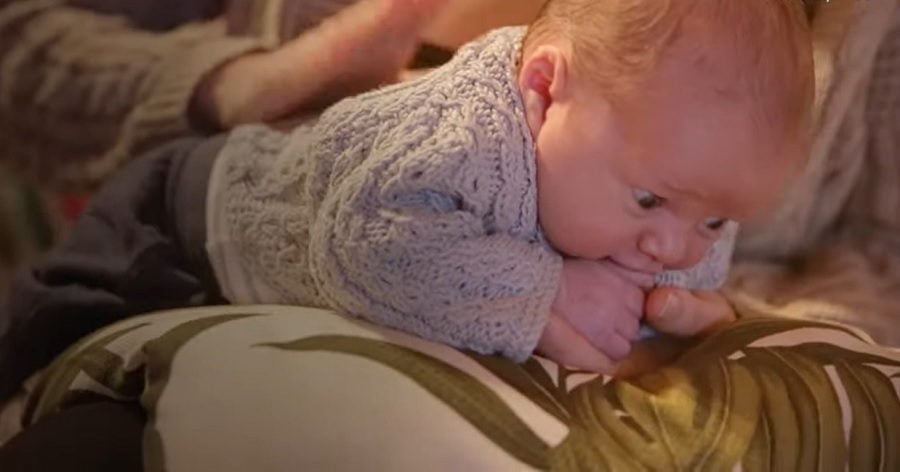 Step-By-Step Guide To Burp Your Baby: How and When?
Step-By-Step Guide To Burp Your Baby: How and When?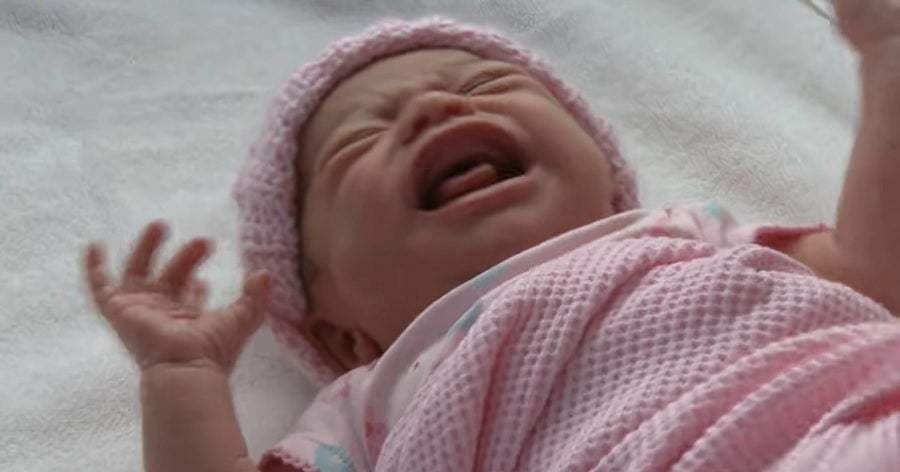 Excessively Crying Baby: Reasons & Remedies to Comfort Your Infant
Excessively Crying Baby: Reasons & Remedies to Comfort Your Infant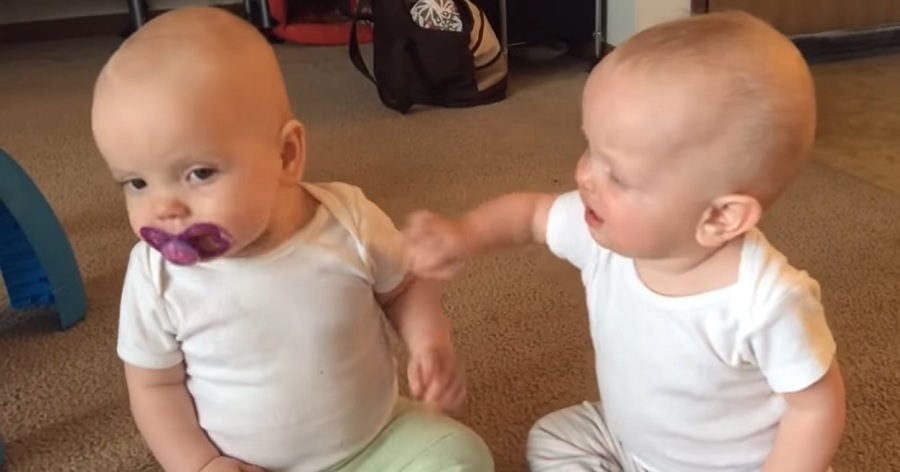 Baby Pacifiers Guide: Advantages, Disadvantages And How To Wean The Baby From A Pacifier
Baby Pacifiers Guide: Advantages, Disadvantages And How To Wean The Baby From A Pacifier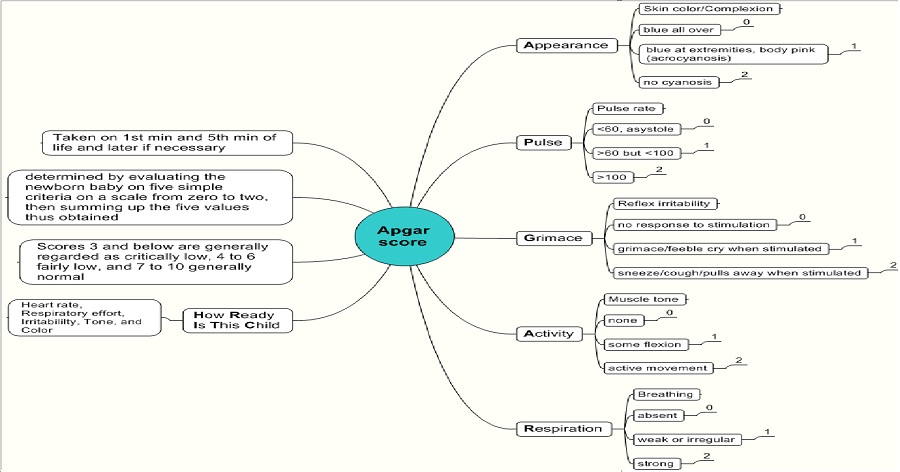 APGAR Score
APGAR Score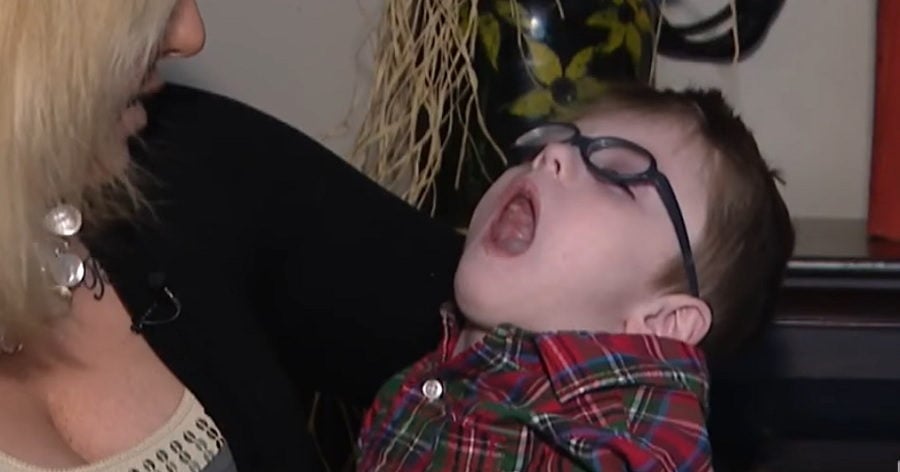 Shaken Baby Syndrome
Shaken Baby Syndrome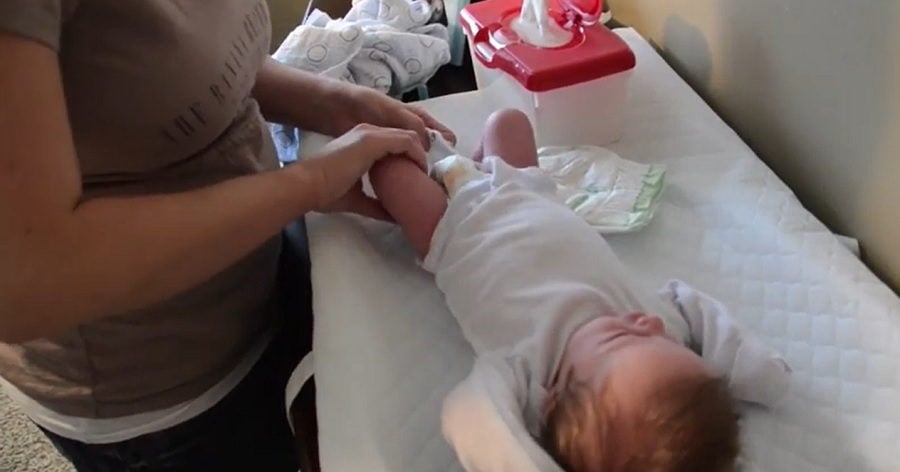 Types of Diaper Rash: Tips & Home Remedies To Treat Nappy Rash Naturally
Types of Diaper Rash: Tips & Home Remedies To Treat Nappy Rash Naturally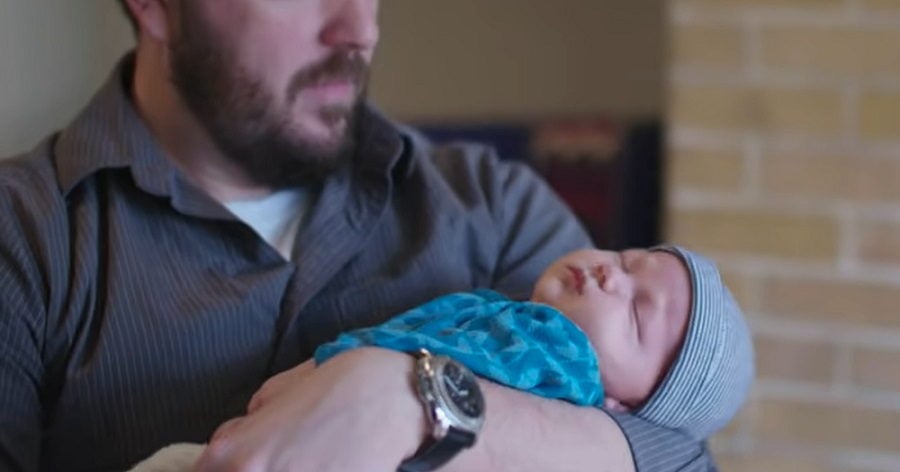 A Step-By-Step Guide on Infant Sleep Training: Baby Sleep Methods, Sleep Schedule & Sleep Position
A Step-By-Step Guide on Infant Sleep Training: Baby Sleep Methods, Sleep Schedule & Sleep Position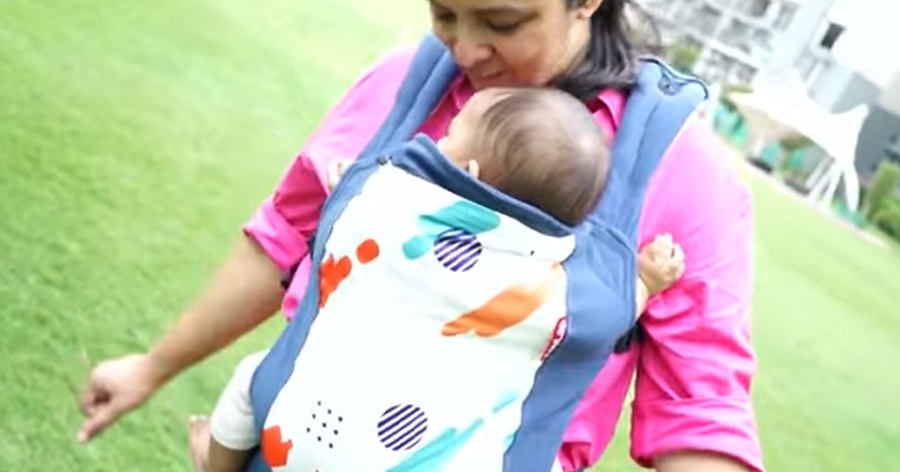 Baby Safety Products
Baby Safety Products